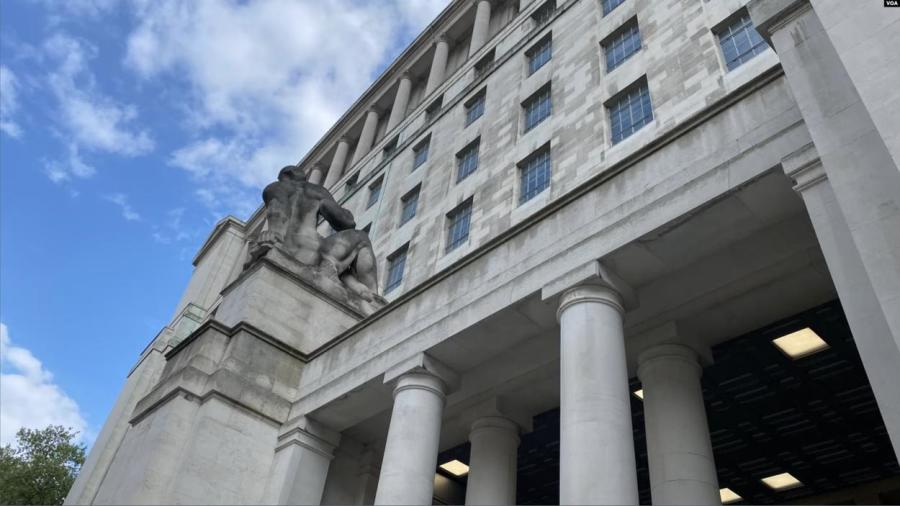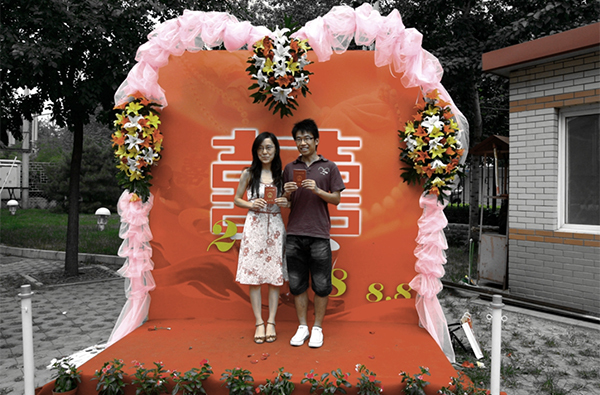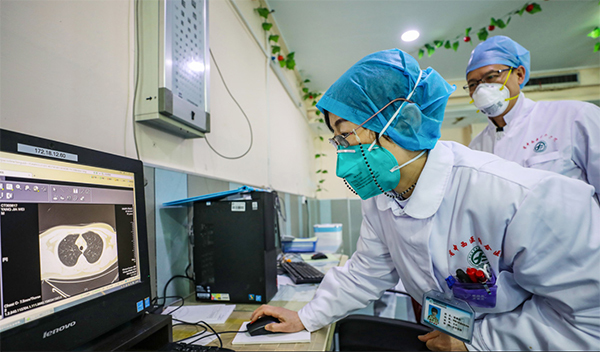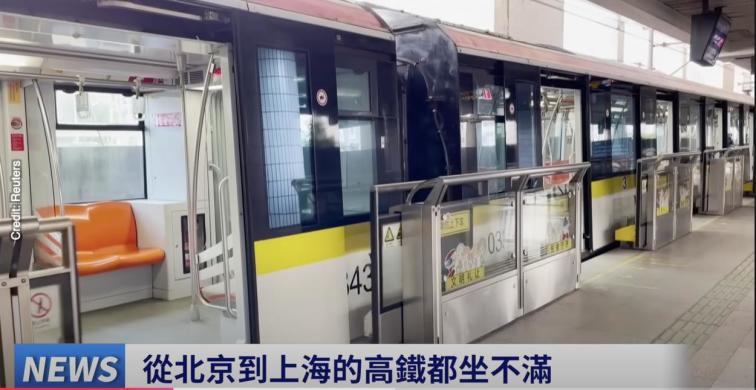The UK Ministry of Defence building in London. The new Labour government is conducting a fresh review of its relationship with China. (Voice of America/Li Bo'an)
People News - The UK’s Planning Inspectorate continued its public hearing on Thursday (13th) regarding China’s proposed "super embassy" in London. During testimony from a representative of the architecture firm responsible for designing the embassy, it was revealed for the first time that there are plans to construct an underground tunnel at the former Royal Mint site. The design also includes 200 dormitory units, with two- and three-bedroom apartments. Some commentators have raised concerns that espionage or detainment activities may be conducted at the new embassy. Meanwhile, a representative from the Greater London Police disclosed that an estimated 3,000 people attended a protest against the embassy’s relocation last Saturday (8th) and reiterated that police do not oppose the planning application.
Embassy Architect Claims Design Aims to Strengthen China-UK Relations
According to a report by Radio Free Asia, Claire Searson, the Planning Inspectorate’s examiner advising Deputy Prime Minister Angela Rayner on the final decision, conducted an on-site inspection of the former Royal Mint on Wednesday (12th). The second day of the hearing followed on Thursday, with Oliver Ulmer, London director of David Chipperfield Architects, testifying on behalf of the Chinese side.
The former Royal Mint is currently a Grade II listed building that underwent renovations in 1987. If approved, the "super embassy" plan will involve extensive demolition and construction while preserving the building’s exterior. The new complex will feature a "Cultural Exchange Building," "Heritage Interpretation Centre," and embassy offices. In addition to consular services, the space will be used for exhibitions, banquets, and other cultural events.
Plans for 200 Dormitory Units, Including Large Apartments
In terms of staff facilities, Ulmer mentioned that the embassy would include dining halls, gardens, and more. "High-quality residential accommodations will be provided for embassy staff, including approximately 200 open-plan studios, one-bedroom, two-bedroom, and three-bedroom units. Shared staff facilities will also be available, including social spaces, learning and knowledge areas, and rooftop gardens," Ulmer explained.
In 2020, The Times cited figures from the UK’s Foreign Office showing that 116 Chinese diplomats with immunity were stationed in the UK at the time. Critics of the embassy’s relocation have already expressed concerns about the planned 200 dormitory units, suggesting that the number of Chinese personnel in the UK could double. With the new revelation of larger dormitory units, estimating the actual number of Chinese personnel at the new embassy will become even more difficult if the plan is approved.
China Plans to Expand Embassy’s Underground Space; Ireland Rejected a Similar Russian Request on National Security Grounds
Oliver Ulmer, the architect representing China’s "super embassy" project in London, mentioned plans to utilize the underground space: "The basement of the Seamen’s Registry Building will be used for machine rooms and storage. The main basement already exists, and we plan to build a tunnel connecting it to the Seamen’s Registry Building basement to provide a passage for low-temperature services across the entire embassy."
China is not the only country interested in developing underground embassy spaces. In 2015, Russia’s embassy in Dublin sought permission from the Irish government to expand its facilities, including building new dormitories and developing a basement to house machine rooms. At that time, Russia had 31 personnel stationed in Ireland—more than in other European countries—leading to suspicions that the embassy was being used as a spy base. The Irish government ultimately rejected the application on national security grounds.
Scholar: Underground Spaces Could Shield Espionage from Host Country Surveillance
International relations scholar Huang Weiguo pointed to historical examples, suggesting that tunnels under embassies could be used for escape routes or weapon storage. He expressed concern that if used for detaining dissidents, victims would be unable to seek help. The possibility of espionage activities is also not unfounded.
"When foreign consulates conduct intelligence gathering or surveillance activities, these underground tunnels effectively prevent the host country’s security agencies from detecting them. Embassies can conduct their espionage or intelligence work in a secure environment," Huang said.
He also warned of broader risks if the UK’s Labour government, currently embroiled in scandals, underestimated the potential political impact of the embassy’s development: "In historic capitals like London, there could be ancient graves, remains, or artifacts underground. Building tunnels should not be done lightly. If the Labour government turns a blind eye to China’s actions at the new embassy, it could lead to catastrophic consequences."
Metropolitan Police: Public Order Act May Be Invoked to Manage Protests
A representative from the Metropolitan Police testified on Thursday afternoon, reiterating that they do not oppose the "super embassy" plan and have not raised concerns over national security risks. The representative also revealed for the first time that approximately 3,000 people participated in a protest against the embassy relocation on Saturday (8th). They acknowledged that protests outside the Chinese embassy are more likely than at other embassies, requiring additional police resources to ensure safety.
On Wednesday (12th), the Hong Kong Aid organization ("Hong Kong Aid UK") criticized the Metropolitan Police on social media for making arrests without communication and using disproportionate force during last week’s protest. They have filed an official complaint. The police representative acknowledged being aware of plans for another protest on March 15 and stated that they would ensure public gatherings are conducted safely and impartially under the powers granted by the Public Order Act.











News magazine bootstrap themes!
I like this themes, fast loading and look profesional
Thank you Carlos!
You're welcome!
Please support me with give positive rating!
Yes Sure!